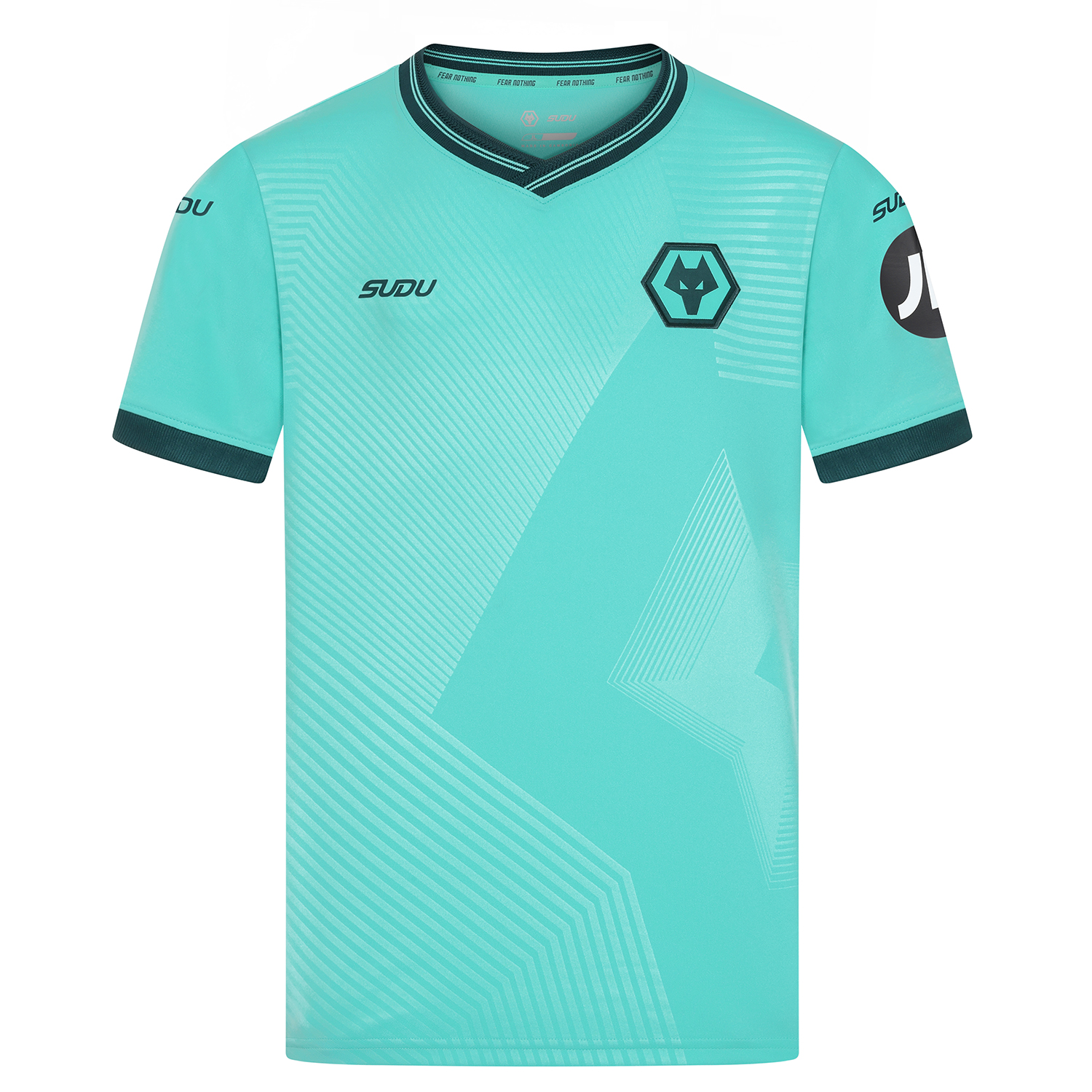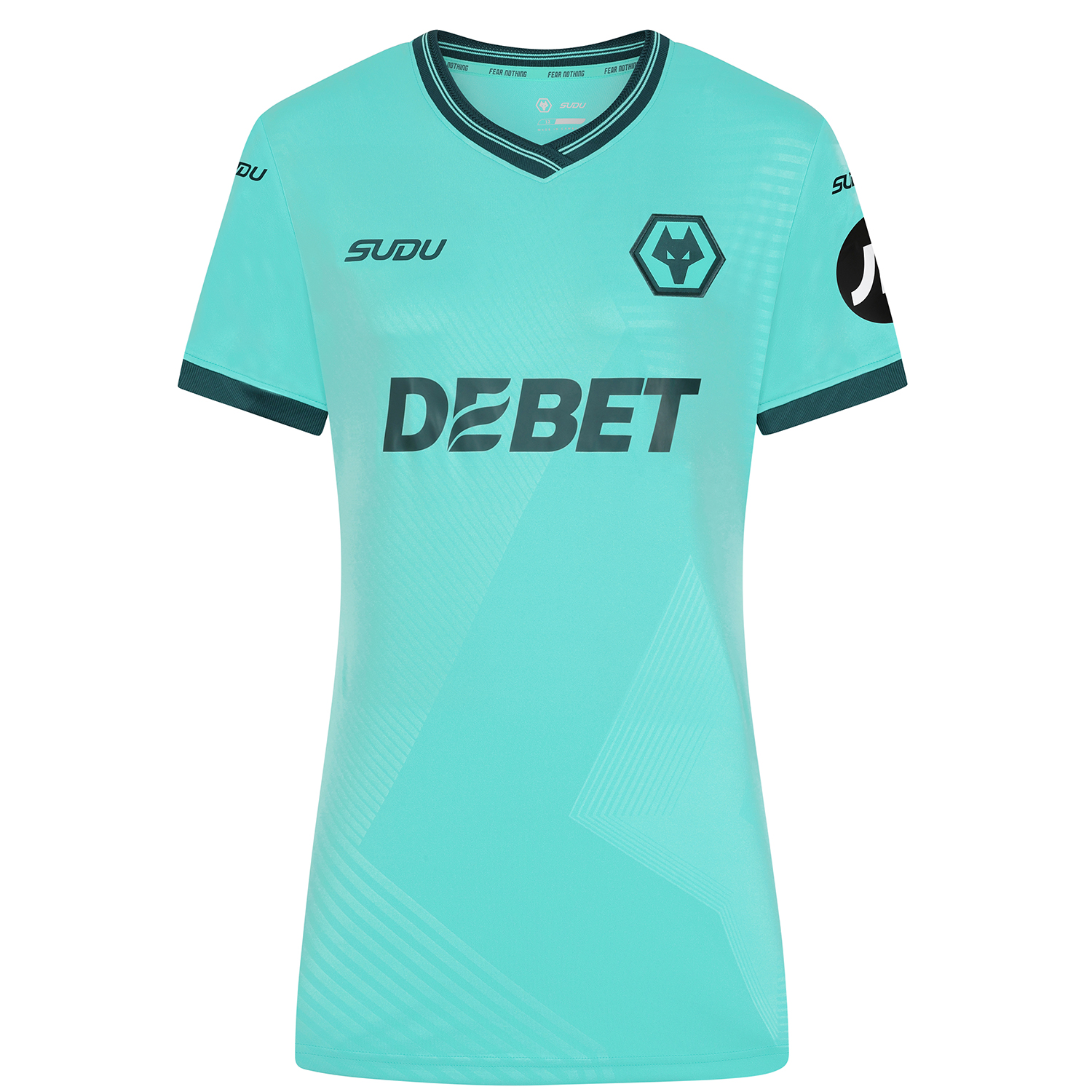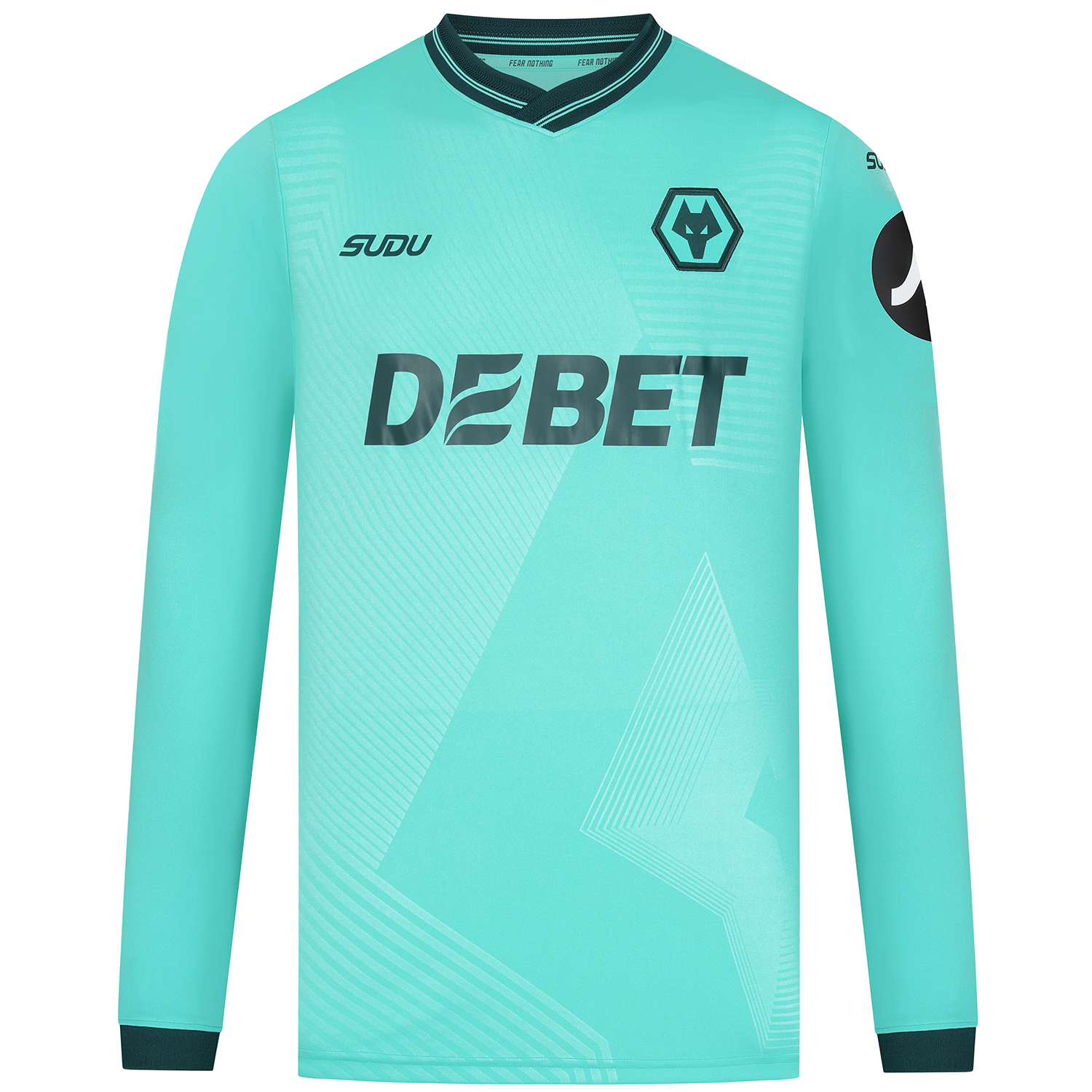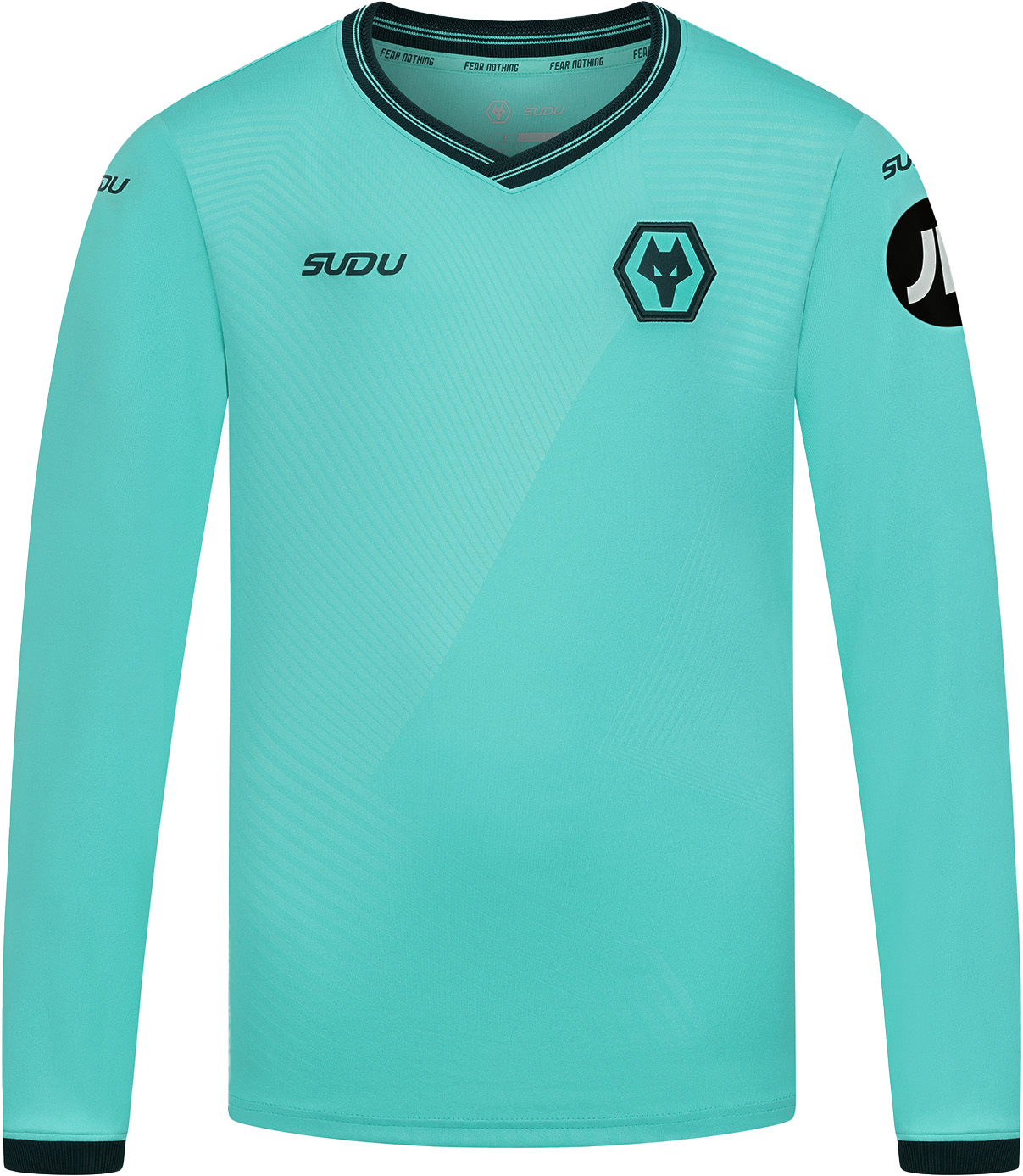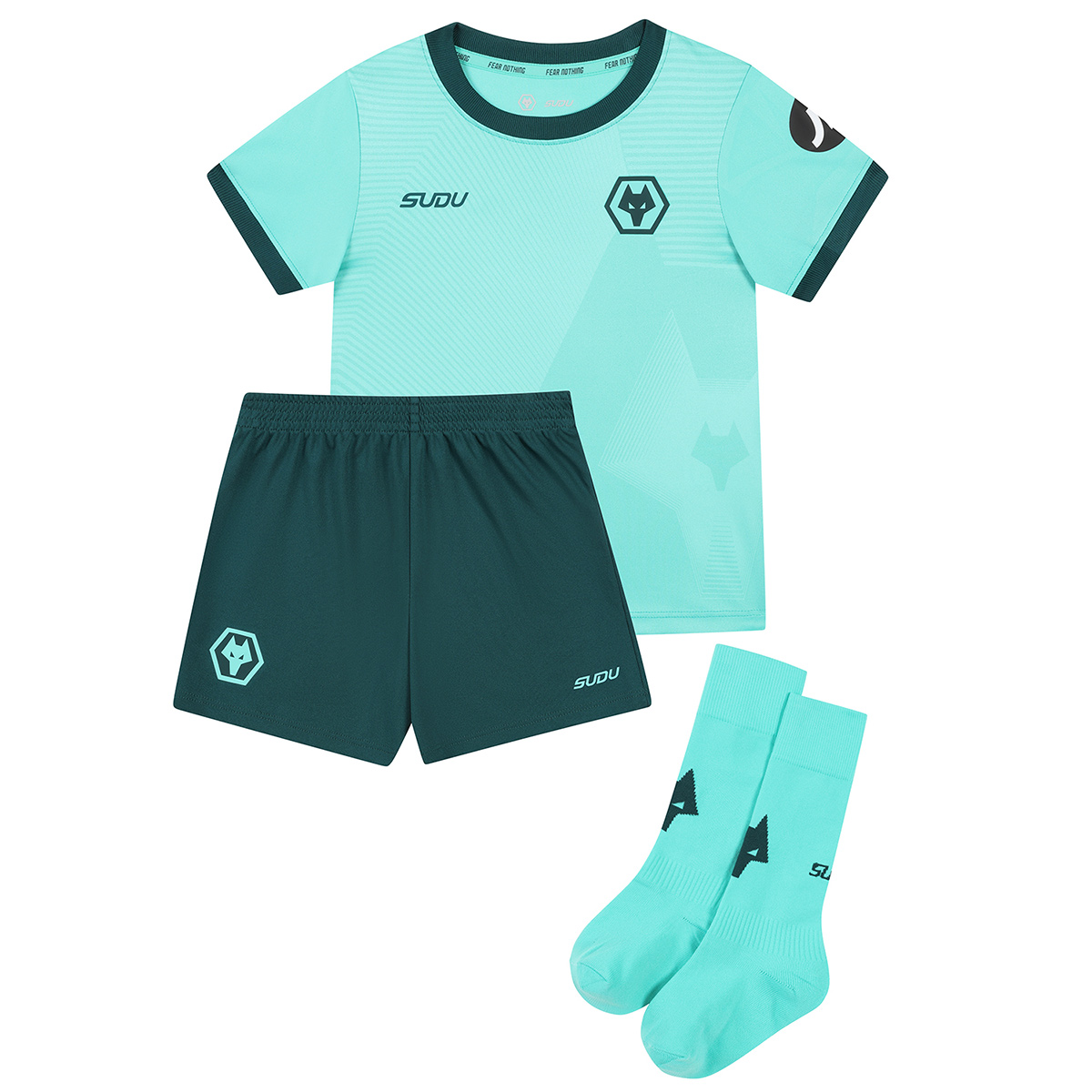Matt Doherty successfully underwent surgery on his wrist last week and is now recovering ahead of a return to action in the near future.
The Irishman damaged his scaphoid against Bournemouth on 23rd August but, having played with a protective splint for the games which followed, was operated on last Monday, keeping him out of Sunday’s draw with Brighton & Hove Albion.
The injury has also seen Doherty pull out of Republic of Ireland duty over the next week but isn’t expected to keep him out in the long-term, with the 33-year-old making a positive impact on his return to the team recently.
Phil Hayward, the club’s director of high performance, explained the injury and operation to wolves.co.uk at Compton Park recently.
He said: “Matt had an injury to his scaphoid, a small bone in the wrist. He fell over when making a tackle and landed heavily on his hand, causing pain in the wrist. We had some scans done afterwards and we realised the bone was broken and knew that it would need to be surgically repaired, because the scaphoid is a bone which is known not to repair particularly well without intervention.
“Once the fracture has happened, the damage is essentially already done at that point, so it was a case of finding the right opportunity to do the surgery within a six-week period. We’re towards the back end of that six-week period now from the initial injury, so we decided to go ahead with the surgery at this point.
“A lot of bones in the body will tend to heal themselves without intervention if they are well aligned, but the scaphoid has quite a complex blood supply and once there is a fracture across a certain point of the bone, there's a really high chance that a bony union won’t be established between the two different parts of the fracture.
“In the short-term you’re pretty safe carrying on with a splint to protect it against any movement, or any kind of further insult if you fall again, so we weren't overly concerned about any further damage being caused prior to the operation.”
Tonight's skipper 🇮🇪 pic.twitter.com/FmK04PZPux
— Wolves (@Wolves) September 27, 2025
Hayward himself joined Doherty in Manchester for the procedure performed by Mike Hayton – one of the country’s most respected hand surgeons. Hayton’s work often comes in the more ‘hand-focused’ sports of golf and cricket, but he’s also operated on, and provided advice for, the club’s goalkeepers in the past. For Doherty, the operation took one hour and was a success.
“We’ve used Mike a lot over the last five or six years. It's a pretty straightforward procedure whereby a small screw is passed down the centre of the bone under CT guidance. We got a really good position on the screw, good fixation, and were very pleased with the outcome afterwards.
“We'll tend to take advice from specialists around these more complex problems, especially when we know surgery might be required. We have very open communication with them from the initial injury to talk about the potential treatment options and the timing of such treatment.
“During the surgery itself, one of our staff will be present on the day of the surgery to observe the operation and then talk about the post-operative plan afterwards. There will subsequently be lots of communication between us and them over the next few weeks as we start progressing back towards training and competition again.”

Four days after the operation the Irishman returned to Compton Park and partook in individual work in the gym. Having captained the side one week previous against Tottenham Hotspur, Doherty is keen to return for the important fixtures ahead, but Hayward insists placing a timescale on his return is difficult.
“He's desperate to get back, but obviously, we need to respect the fact that he's had surgery. In addition to actually repairing the bone, there's also a lot of other associated inflammation around that area from the surgery itself, so we need to wait for that to settle down. There's obviously some healing which needs to be done on the skin surface as well.
“We need to get past this early stage then we can start to really push him again. If he does fall on it and cause himself a complication with the surgery, it’s quite a difficult one to undo afterwards, so we have to be careful and respect the advice from the surgeon.
“He should be absolutely fine. The success rate of these surgeries is very, very high, and he should be back training pretty quickly. We can get him going fairly soon with non-contact training and doing things on the grass which don't involve a risk of him falling to maintain his fitness levels while the bone heals. Then as soon as he's ready to go back into competition again and take full contact, he should be good to go and back at the level of fitness that he was at when he when he came out of the team.”











